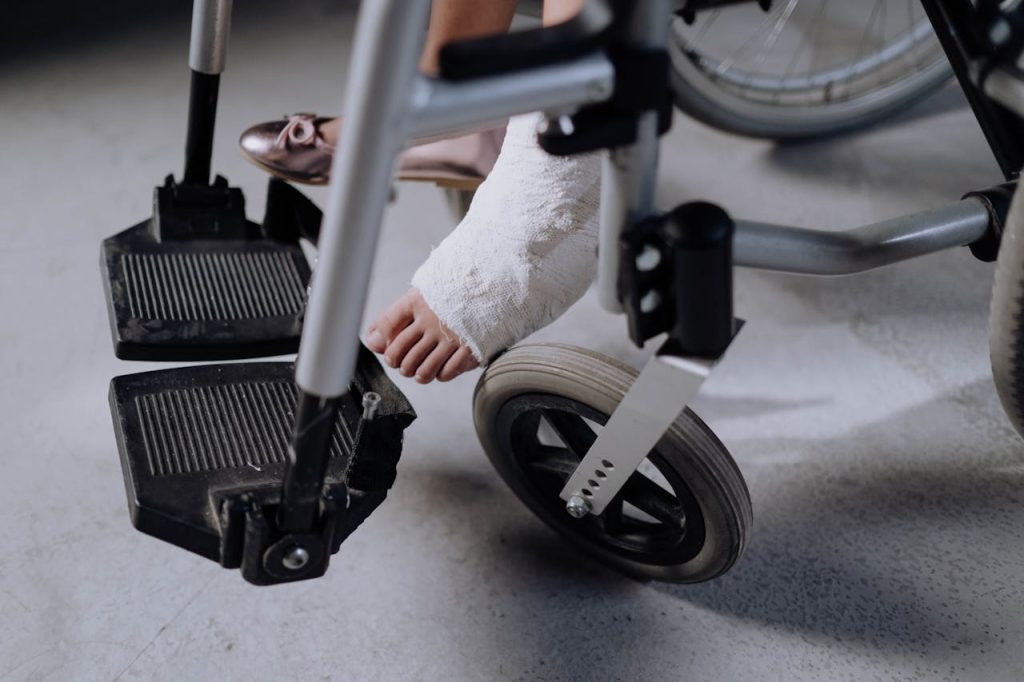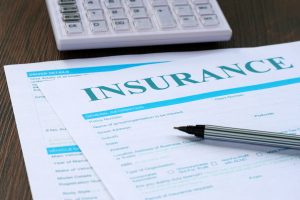Florida accident claims can be particularly complex. Whether it’s a car collision, motorcycle accident, or another type of injury case, pursuing compensation requires navigating a challenging legal system, often while dealing with insurance companies and specific state laws. By understanding the hurdles that may arise, accident victims can better prepare themselves and make informed decisions. To handle these challenges effectively, it’s always a good idea to speak with a lawyer from Meldon Law Firm who understands Florida’s unique accident laws.
Florida’s No-Fault Insurance System and Its Impact on Claims
Florida operates under a “no-fault” insurance system. This requires drivers to carry personal injury protection (PIP) insurance. Under this system, a person’s insurance policy pays for the costs of injuries after an accident, regardless of who caused the accident. While this simplifies minor claims, it challenges those seeking compensation for more serious injuries.
Victims may face limitations if they wish to pursue a claim against the at-fault driver. To go beyond the limitations of PIP coverage and file a personal injury lawsuit, they must prove they suffered from specific, severe injuries such as permanent disfigurement or significant scarring. This threshold can limit the compensation available unless the injury meets the severity requirements under Florida law. For this reason, understanding your injury’s impact and assessing it with the help of a personal injury lawyer will help to make an exponential difference in the case outcome.
Negotiating with Insurance Companies
Insurance companies will seek to protect their bottom line rather than the claimant’s, making settlement negotiations more difficult for accident victims. Florida insurers are known to attempt to minimize settlement payouts by scrutinizing claims or even denying valid ones. Without an experienced Florida personal injury attorney advocating for fair compensation, claimants may find themselves settling for far less than they deserve.
Here are some common tactics that insurance companies use when dealing with accident claims:
- Delaying Payments: Insurers may postpone payment with unnecessary documentation requests or slow communication to pressure claimants into accepting lower settlements.
- Low Initial Offers: It’s common for insurers to make initial offers that fall far below the claim’s value, hoping that victims accept these low settlements out of frustration or urgency.
- Disputing Injuries or Medical Costs: Insurance companies may argue that certain treatments are unnecessary or that injuries are less severe than claimed, effectively reducing compensation.
Florida’s Comparative Negligence Rule
In Florida, the comparative negligence rule allows injured parties to pursue compensation even if they share some fault for the accident. However, this rule also reduces the compensation amount by the percentage of fault assigned to the claimant. For example, if a claimant is found 20% responsible for the accident, any compensation awarded would be reduced by 20%.
Determining fault percentages can be a significant challenge in these cases. Often, insurance adjusters or opposing attorneys will argue for higher fault percentages on the claimant’s side to reduce liability. This process can be difficult without a legal advocate who can gather evidence, present witness testimony, and use accident reconstruction experts to demonstrate the other party’s fault. An experienced and savvy personal injury lawyer will know how to manage these situations to ensure that fault is fairly assigned and that clients receive the compensation they’re entitled to under the law.
Proving Non-Economic Damages
Non-economic damages, things like "pain and suffering," emotional trauma, and loss of enjoyment of life, are often challenging to prove in Florida personal injury cases. These damages do not have a direct dollar amount and are highly subjective. While physical injuries may be more straightforward to document, mental and emotional suffering often requires strong evidence and clear arguments.
A personal injury attorney can help establish non-economic damages by:
- Gathering Testimony: Family members, friends, or mental health professionals can provide testimony to illustrate how the injury has impacted daily life.
- Using Medical Records: Records from doctors and mental health providers can document psychological conditions such as anxiety, depression, or PTSD resulting from the accident.
- Providing Economic Evidence of Non-Economic Impact: Showing how emotional distress or loss of enjoyment has affected employment or social life can lend weight to these claims.
Statute of Limitations in Florida
Florida’s statute of limitations for filing a personal injury claim generally requires that accident claims be filed within four years from the date of the injury. However, this time frame may vary depending on specific circumstances, such as claims against government entities, which have a shorter filing deadline. Missing this window of opportunity can result in losing the right to compensation altogether.
Meeting deadlines and keeping up with necessary paperwork can be overwhelming for accident victims already dealing with recovery. A Florida personal injury attorney can ensure that all filings are completed on time and that any required documents are submitted accurately. By taking care of these details, a lawyer helps protect the claimant’s right to seek compensation, avoiding the risks associated with missed deadlines.
Speak With a Florida Personal Injury Attorney
Accident claims in Florida involve legal challenges, such as navigating no-fault insurance rules, negotiating with insurers, and establishing fault. A personal injury attorney’s expertise can simplify these complexities, manage evidence, and strengthen the case for compensation. Consulting an experienced lawyer familiar with Florida’s accident laws helps protect victims’ rights and improves the chances of a fair outcome.






















